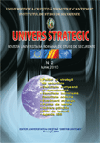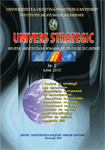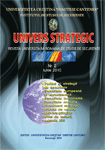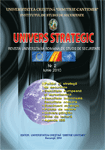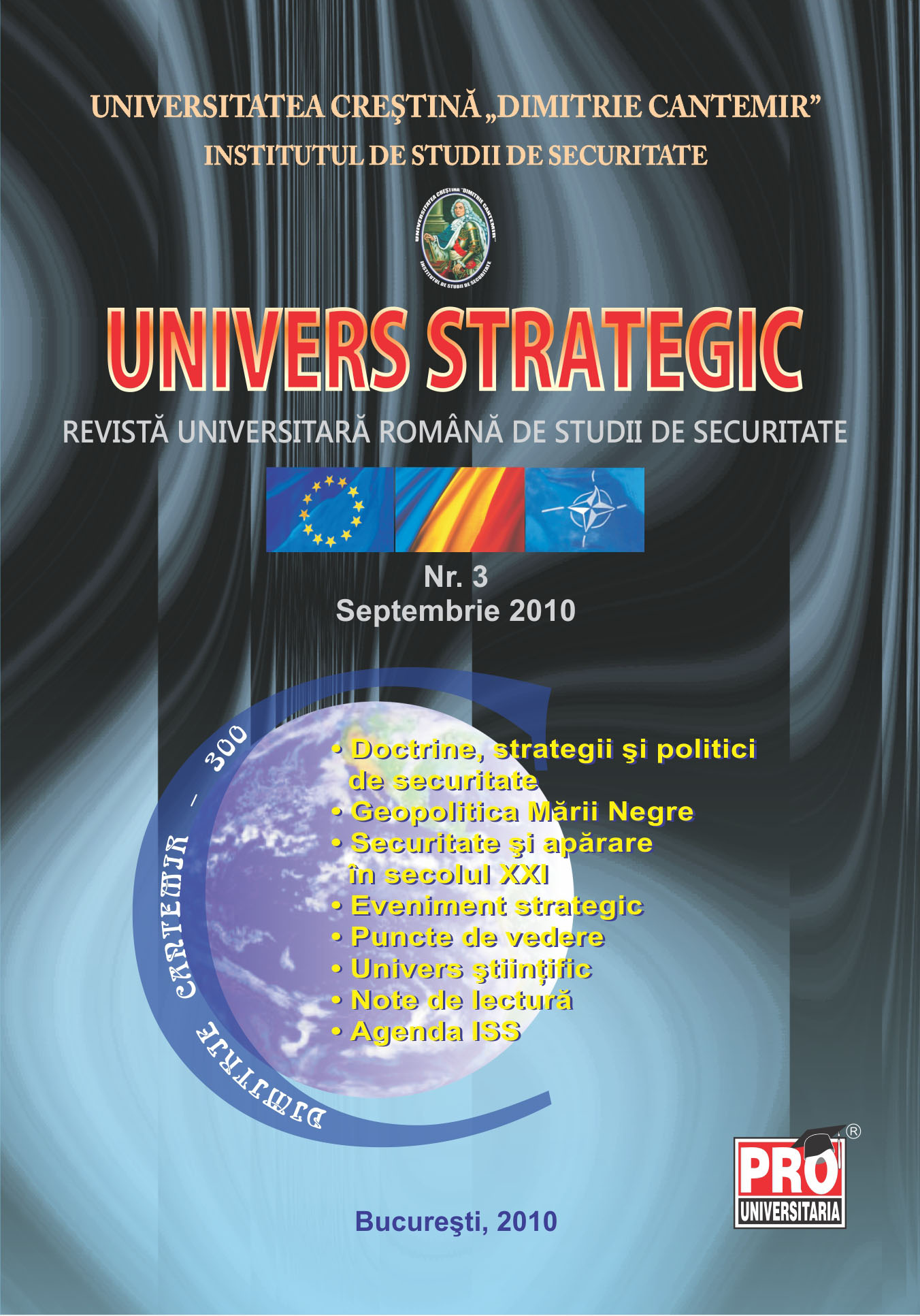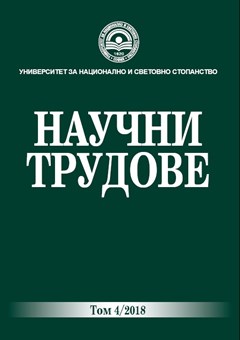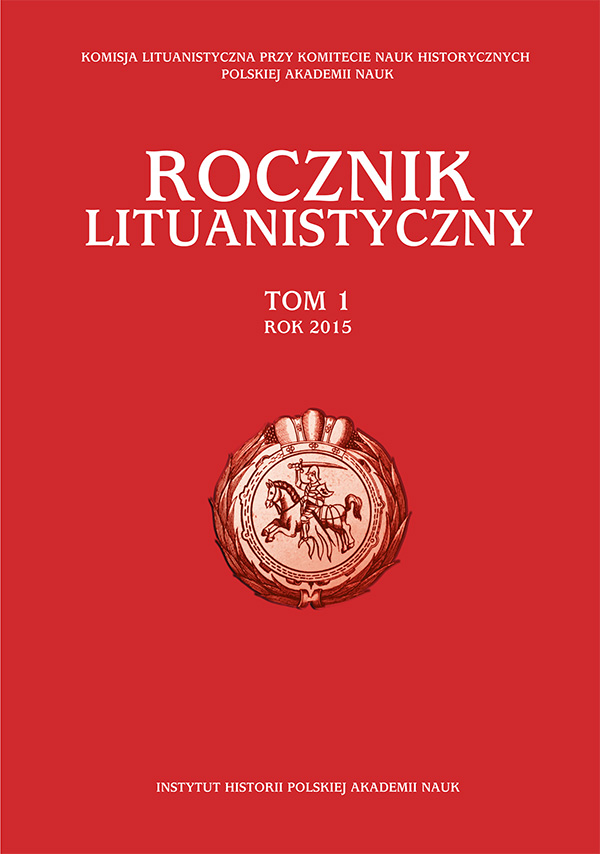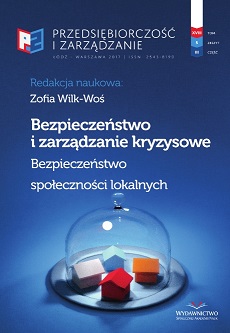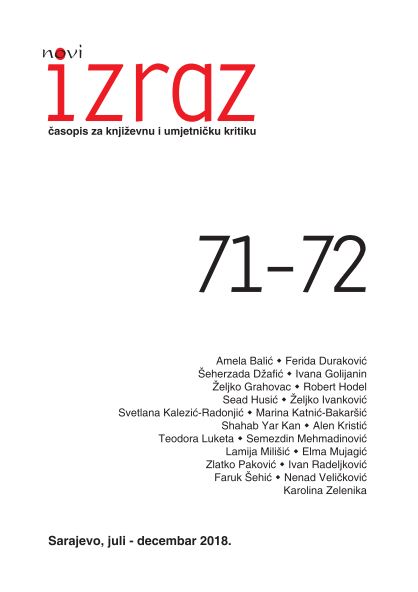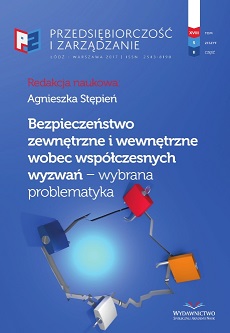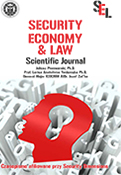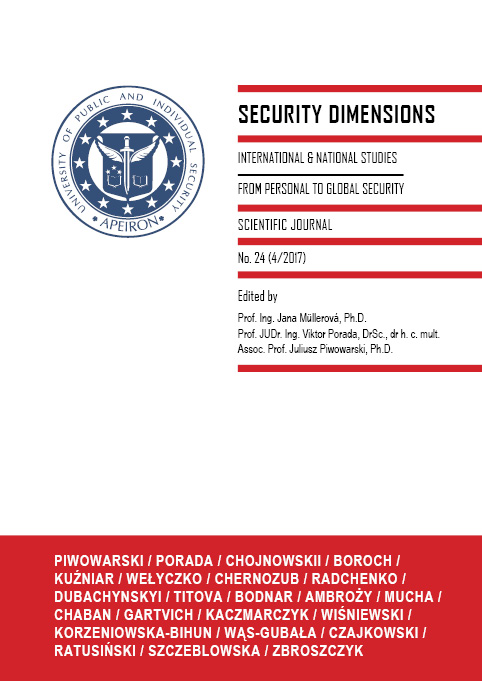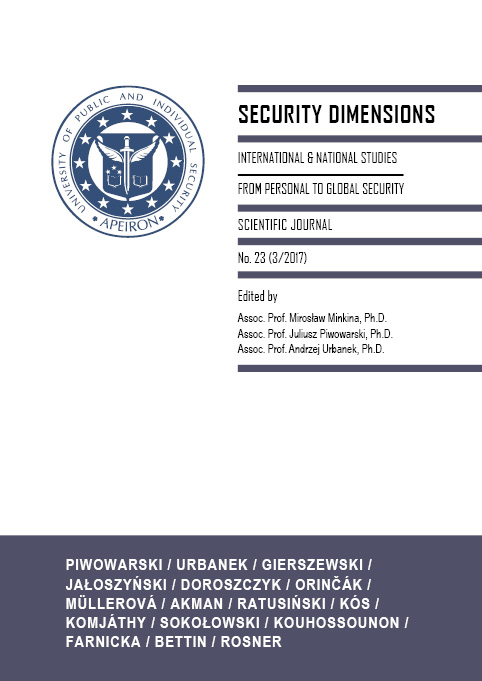Концептосфера відображення впливогенної проблематики в умовах консцієнтальної війни як складової гібридної агресії Росії проти України
Despite the fact that the hybrid war in the east of Ukraine has been going on for more than three years, the support of the aggressor by Ukrainian citizens not only in the Donbas and Crimea, but in other regions of Ukraine remains significant. This means that in today’s hybrid aggression of Russia against Ukraine, the consciental war continues playing a leading role aimed at maintaining and contagion of pro-Russian sentiments among the Ukrainian citizens. This research proposes the sphere of concepts that represents impact-generating issues in terms of consciental war as a component of Russia’s hybrid aggression against Ukraine. To achieve this objective, namely to create this sphere of concepts, we applied the following research methods and implemented the following tasks: using the empiric method and the method of scientific generalization we determined the purpose and tasks of Russia’s consciental war against Ukraine and its risks and consequences for Ukraine; we outlined how through archetypes as transmitters of national identity in terms of a consciental war the distinction of clear separation between “friend-enemy”, destruction of spiritual values and the ability of a person to free self-identification and, as a result, a confrontation between citizens who represent the Ukrainian and the Soviet identities take place. Using the logical methods of induction, deduction and generalization we defined the concepts of impact-generating issues on the basis of Anti-Maidan neologisms, which, having archetypal nature, evoke Enemy Image, form an image of identity alien to Ukraine and pander to conflicts in public consciousness. We proved that the chosen concepts belong to unreal (mythical) sphere and correspond to the key myth of Russian propaganda – “Russia won a victory over fascism” and therefore they have the most powerful potential impacting on subconscious in terms of a consciental war. Given that division over the basic political issues still remains in the society, the sphere of concepts that provides insight into impact-generating issues as the main result of this study is in special focus, as it provides an opportunity to understand a mechanism of mind control through archetypes in terms of the contemporary consciental war of Russia against Ukraine, and also to understand the nature of challenges which Ukraine is facing to and as a result – to cope with these challenges and to be able to sweep in this hybrid war.
More...
